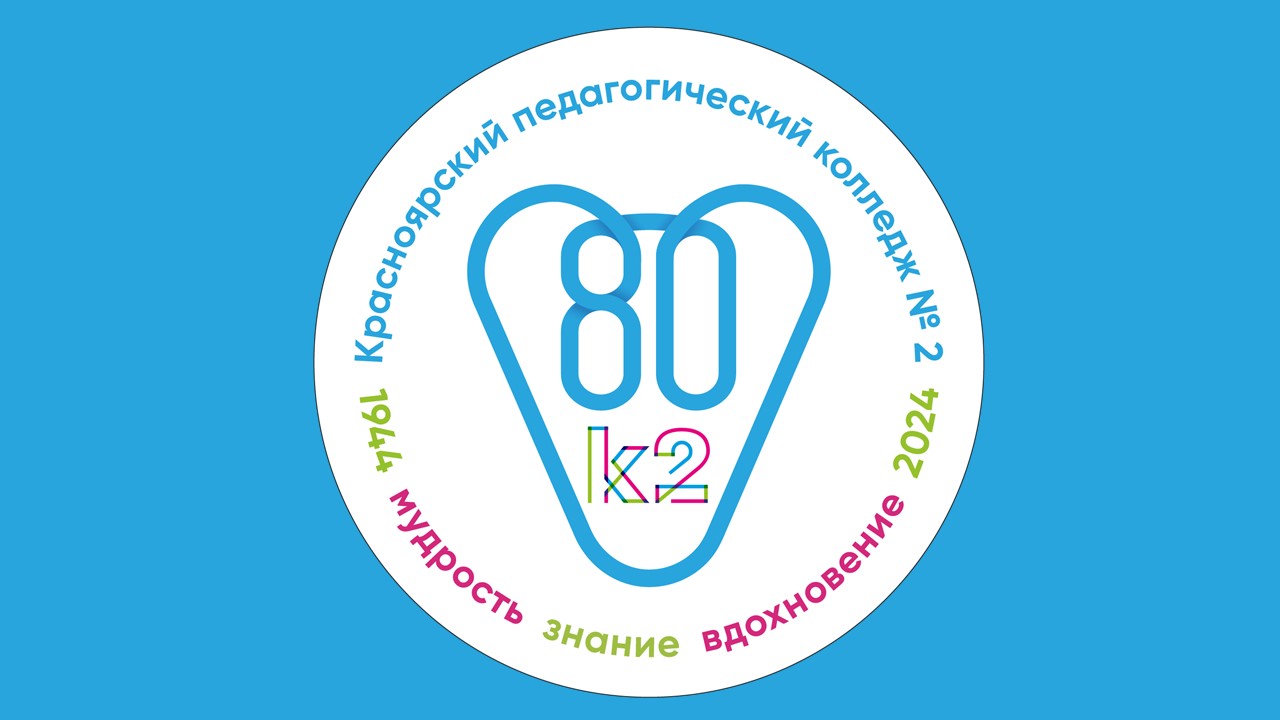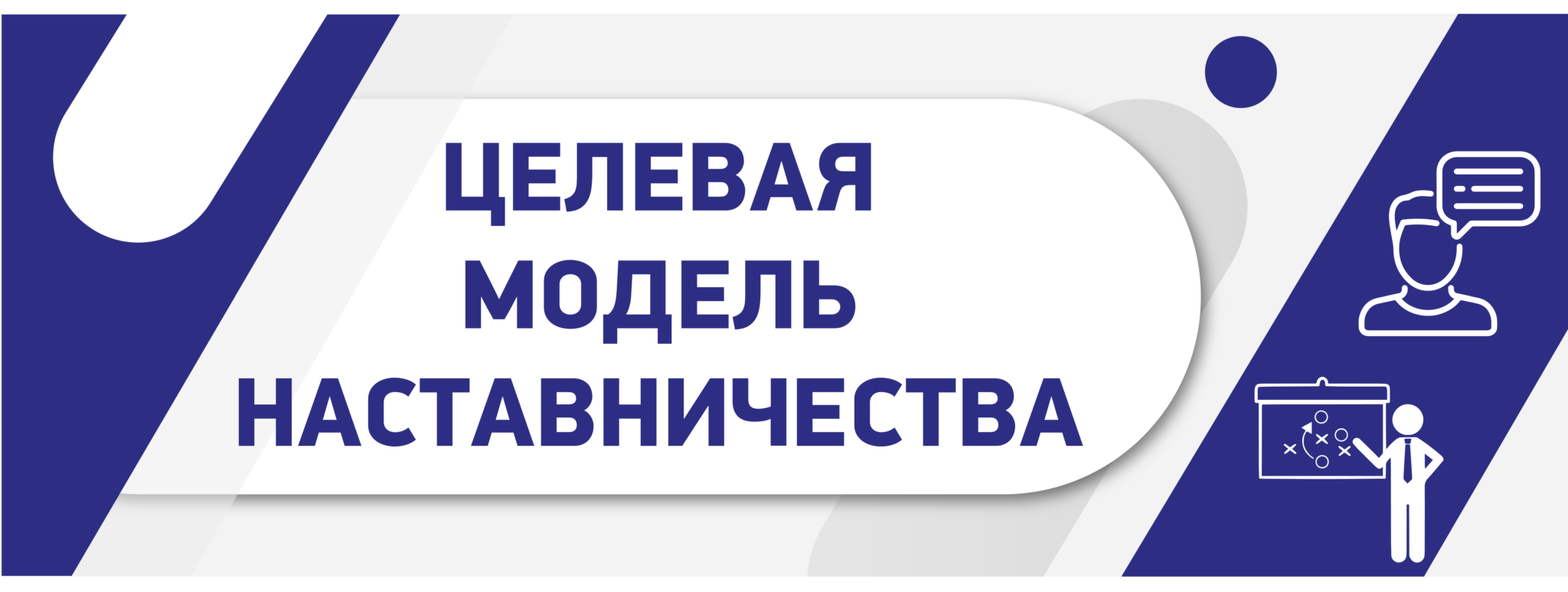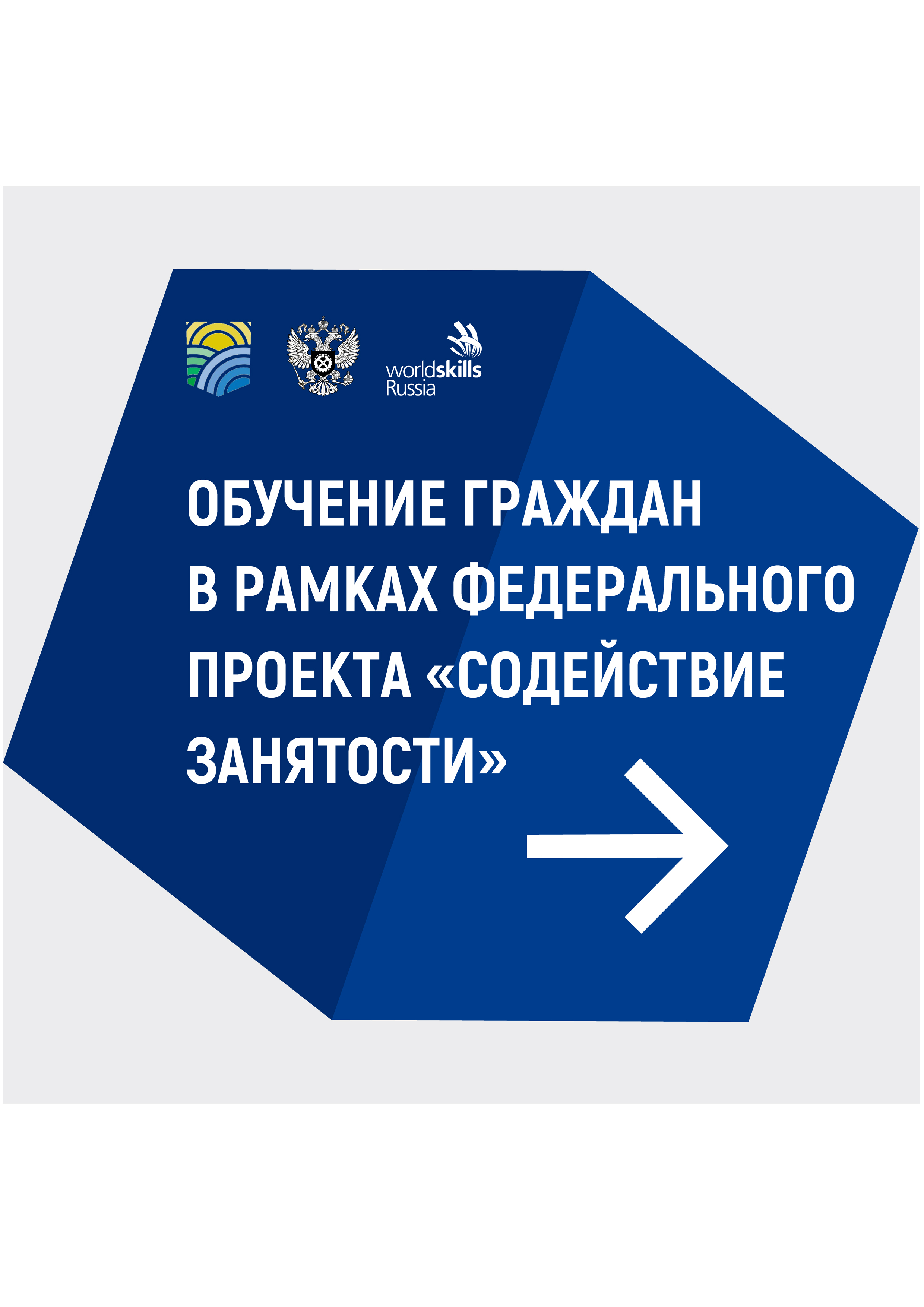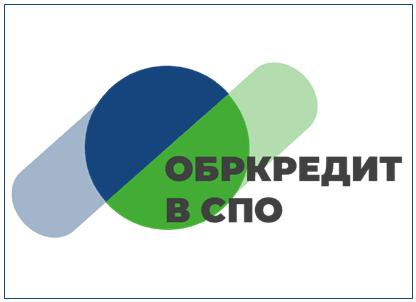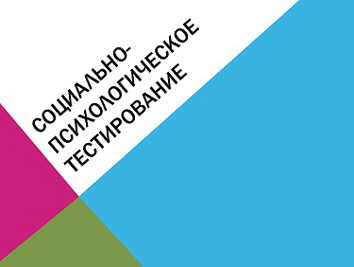Medications For Cerebral Palsy
Many medications can help those with Cerebral Palsy Lawyers paralysis to reduce spasticity in muscles, and also increase flexibility. Certain medicines may cause undesirable adverse effects or risk to your safety particularly when used for long periods of time.
Surgery isn’t a solution for CP however it can improve mobility and reduce pain. It can also help reduce seizures which can be life-threatening for those suffering from CP.
Diagnosis
Cerebral palsy is a group of nonprogressive disorders that affect movement and posture, including the muscles in the legs and arms. The condition is typically diagnosed in early childhood or in infancy and is caused by brain damage or abnormalities. The injury could have occurred in the womb or shortly after the baby’s birth. However, doctors might not be able to pinpoint the exact cause.
The first step in establishing diagnosing CP is the doctor who treats your child to examine him or her. The doctor will conduct baby a test that will check the strength of his or her muscles, reflexes, and movements. They will also keep track of your baby’s growth as time passes to determine whether they are meeting milestones.
If a doctor suspects something is wrong, he may request an imaging test. The most popular test is an MRI which makes use of magnetic fields to make detailed images of the brain of your baby and any other structures it contains. The MRI will detect CP-related changes in the brain of your child. An ultrasound is another option. It uses sound waves to create images of the brain and organs in your child’s. This test is more suitable for infants who are very young however it might not be as effective in detecting the presence of CP-related issues.
In addition to an MRI or ultrasound scan, doctors may recommend your child to specialists in developmental pediatrics, pediatric neurology or pediatric physiatrists (doctors with specialized training in children’s spinal diseases muscles, nerves, as well as the muscles). These specialists can aid in providing a more precise diagnosis and create an appropriate treatment plan for your child.
Treatment
Every child has a different CP, and each needs a distinct plan of care. Your family could work with an expert team, which includes a pediatric neurosurgeon and a neurosurgeon along with a physical medicine and rehab specialist and child development specialist. These specialists will form a treatment team which includes your entire family and will oversee the progress of your child.
Doctors can diagnose CP on the basis of your child’s symptoms and their medical background. They can also conduct a physical examination to check for symptoms of the condition. These may include muscle tightness and weakness and difficulty walking or moving, speech and intelligence problems, and abnormal reflexes.
In some instances, doctors may be able in some cases to decide that your child will develop CP if they see certain risk factors. If your child was born breech or has a difficult delivery, for instance they are more likely to CP. Babies that are small for their gestational age also face higher risks. The risk of cerebral palsy is increased by complications during labor and delivery. These include infections, high fevers, and other conditions which disrupt the flow of oxygen into the brain.
The use of medicines can improve your child’s movements and reduce pain and stiffness in muscles. They can be administered by mouth, injected into muscles, or infused into the fluid that surrounds the spinal cord. The drugs can also be used to treat seizures and other conditions such as epilepsy commonly associated with cerebral paralysis.
Preventing CP
Although there’s no way to prevent most cases of CP that are due to genetics however, you can take steps to reduce the risk. If you are able, receive regular prenatal health check-ups. Examine any health concerns prior to the time of pregnancy. Also, stay up-to current on vaccinations during pregnancy. Certain infections, such as rubella or cytomegalovirus have been related to an increase in cerebral palsy among infants.
Babies with CP are usually slow to master the ability to sit, roll over or crawl, and walk. They might have low muscle tone (hypotonia) which causes them to appear stiff or soft. They could also have a high level of muscle tone (hypertonia) that causes their bodies to appear stiff or rigid. They may show signs of speech difficulties or seizures, or prefer one side of their body.
Around 75 percent of CP patients suffer from spastic CP. This causes muscles to be tight and stiff. Some have only a few affected muscles, while others have more severe spasticity that affects their entire muscles, including those in their face and mouth. This kind of CP known as spastic hemoplegia may cause a back that is curled (scoliosis) or difficulty swallowing.
Another common type of CP is dyskinetic CP which results in movements that are slow and twisty or rapid and rapid and jerky. You may drool and your face or limbs may appear to be in a writhing state. Some people who suffer from CP might have more than one type of CP. Each type is different.
Living with CP
Cerebral Palsy affects everyone in a different way in severity, ranging from mild to. Some people with CP require minimal assistance and others have trouble getting around and need to use a wheel chair. In severe cases, CP can lead to complete body paralysis, also known as spastic quadriplegia.
Children suffering from CP may benefit from occupational, physical and speech therapy to improve their posture, balance and mobility. Surgery may be needed to fix issues in their bones or joints. Hearing loss, fatigue, pain, and excessive drooling are all possible symptoms. Certain people with CP suffer from depression that is more prevalent in the CP population than in the general population.
Many adults with CP live at home, take part in community activities, and receive personal assistance. Some may need to make accommodations, but they can find work. Those with CP tend to be prematurely old as their bodies struggle with the extra stress.
Even with severe symptoms those suffering from CP is able to live a happy and fulfilled life. They can have family, friends and careers. They can also join support groups, which can help them connect with other people who have CP and locate local resources. Financial assistance is available through foundations and various organizations to ease the burden of a family so they can concentrate on obtaining quality treatment. You could be eligible to compensation if medical negligence of a healthcare professional caused your child’s cerebral palsy lawyers paralysis. Find out if you are eligible for a free review of your case today.



